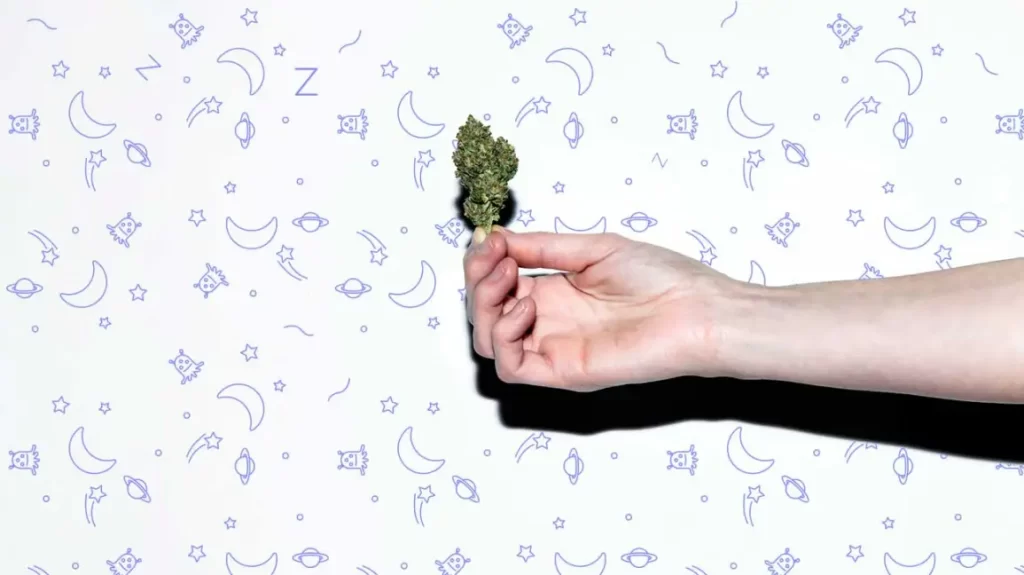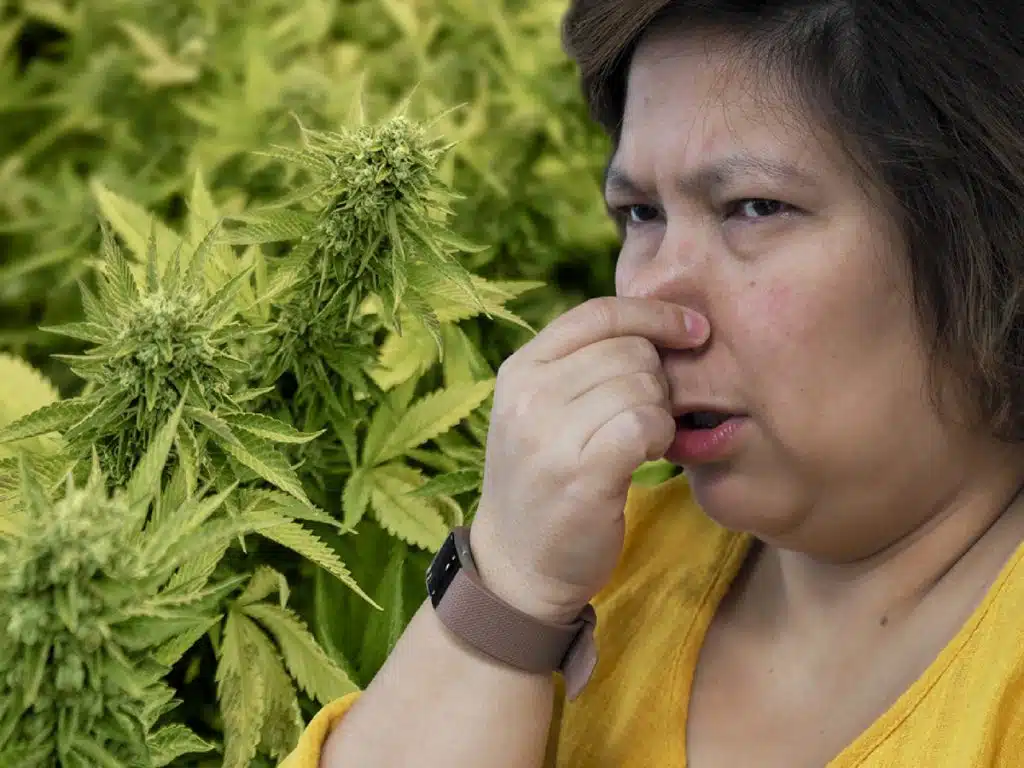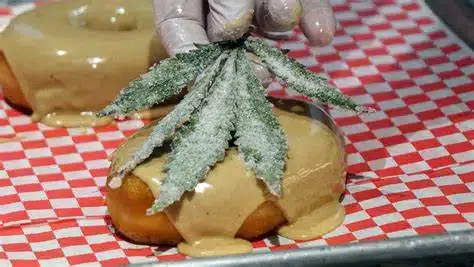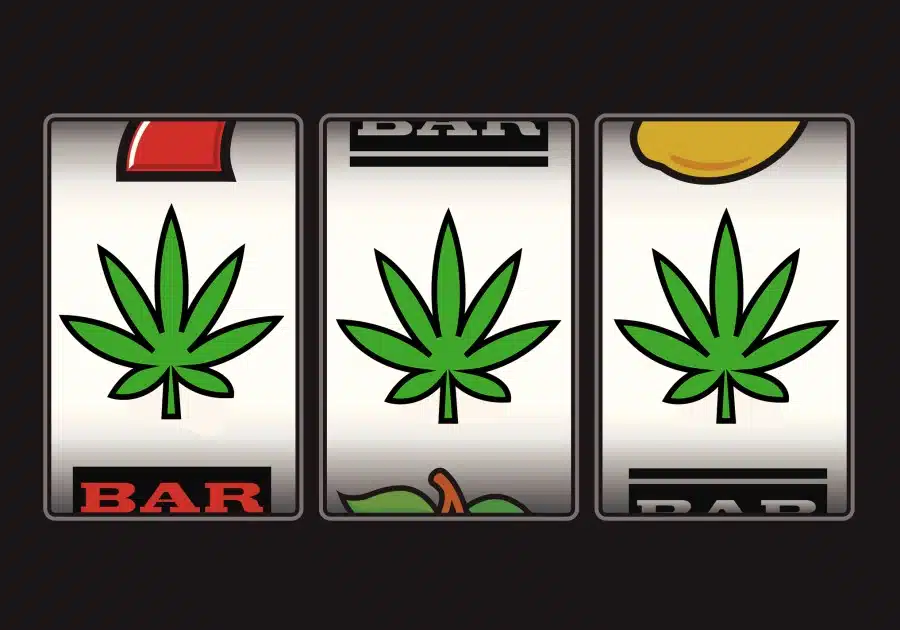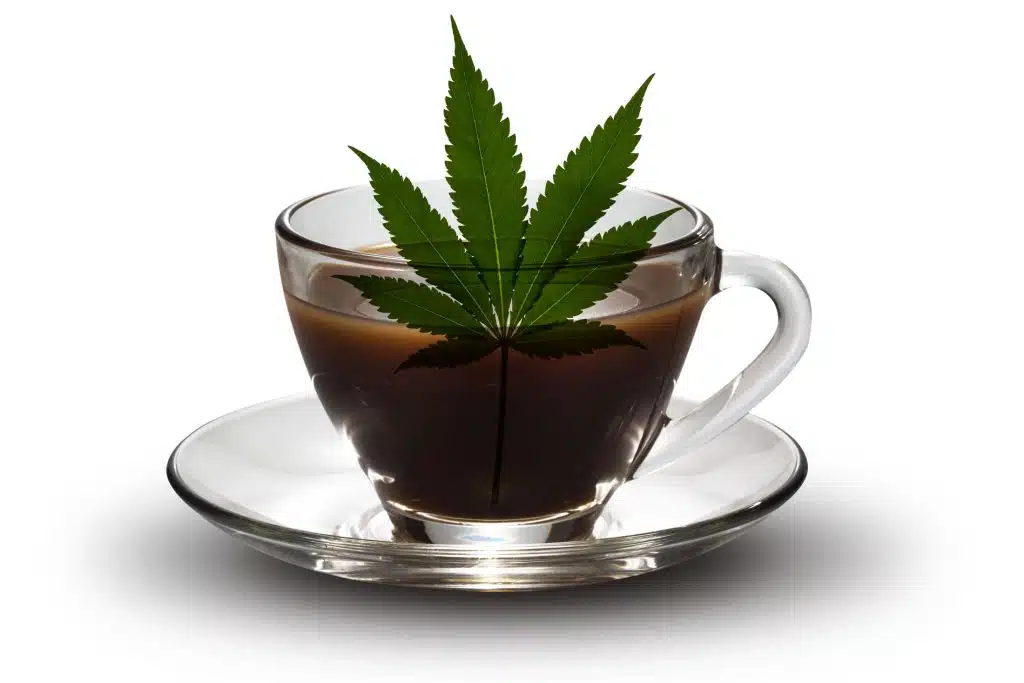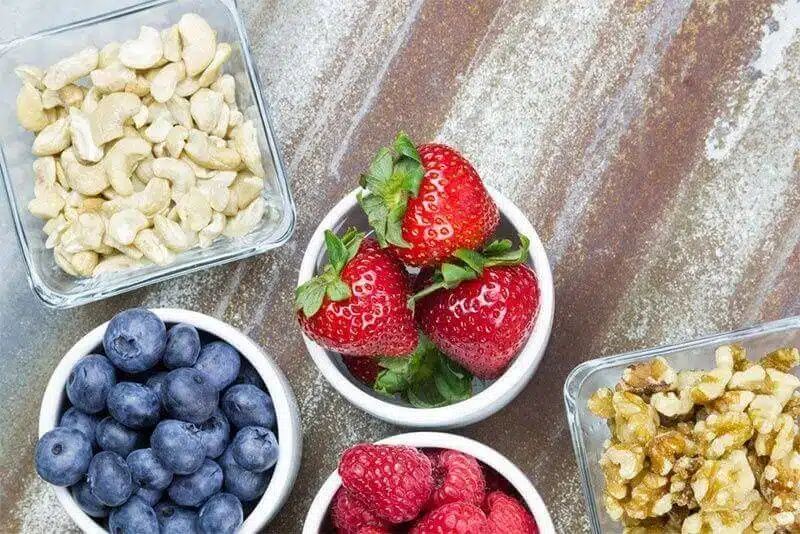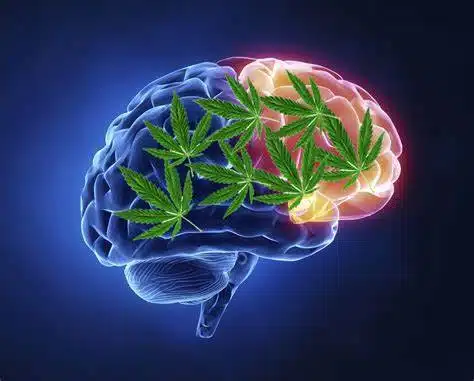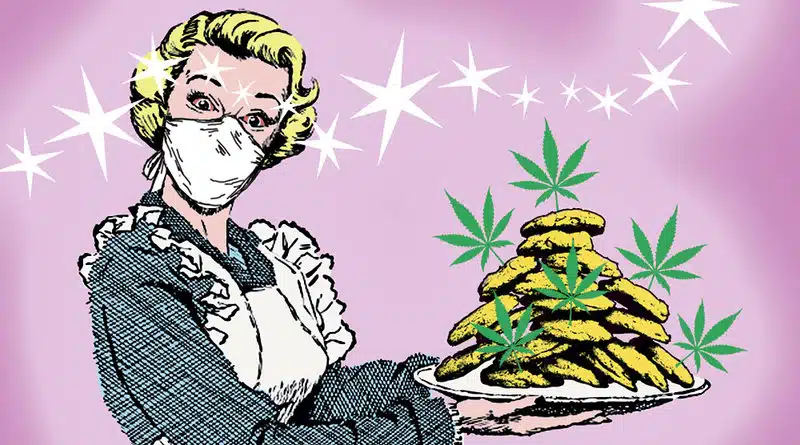What Canadians Should Know About Delta-8
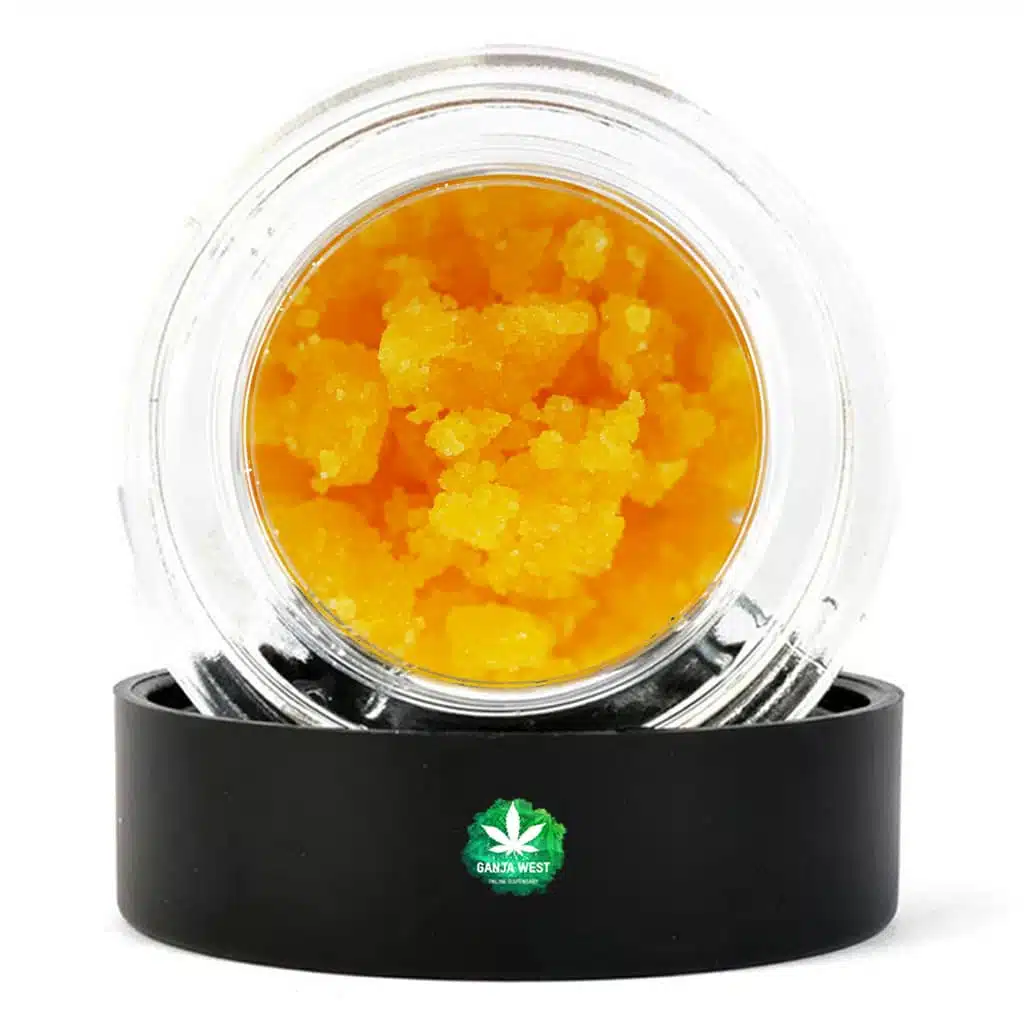
What Canadians Should Know About Delta-8
There are more than just THC and CBD in cannabis, and I’m not talking about the terpenes.
Delta-8-tetrahydrocannabinol (D8)—or “sketchy gas station weed” as it’s sometimes known in Canada—has made its debut on the Canadian cannabis market. This new variety offers a unique blend of THC and CBD, and is sure to please cannabis enthusiasts everywhere.
Delta-8 is part of a new class of semi-synthetic THC-like cannabinoids made using plant-derived cannabinoids as precursors: you can call them plant-adjacent, twice-removed phytocannabinoids or derived from future weeds.
In the U.S., delta-8 and other semi-synthetic cannabinoids are becoming more plentiful in states where delta-9 THC remains federally illegal. “Delta-8 is one of many products that is sold in the US without proper regulatory oversight,” says Michael Krestell, Executive Chairman of Dynaleo, a cannabis gummy manufacturer based in Alberta.
Unlike in the United States, where delta-8 and delta-9 cannabis are treated as separate substances, under Canadian law they are both treated equally – everything involving hemp, cannabis and cannabinoids is regulated under the federal Cannabis Act.
Canadian regulations require a rigorous process of testing every cannabis input and product before they are manufactured. This ensures that the product is of the highest quality.
Why is D8 emerging in Canada, where typical THC is legal?
From a chemical and functional standpoint, D8-THC and D9-THC are very similar. D8 is a slightly less active isomer; the “8” and “9” refer to the position of carbon double bonds in their respective chemical structures, which are otherwise identical.
Nextleaf Labs is the leading supplier of semi-synthetic cannabinoids, and most of these products are made through a process that uses organic solvents and catalysts to create delta-8.
Delta-8 works by targeting the CB1 and CB2 endocannabinoid receptors in the brain and body, which are the same receptors that delta-9 is responsible for.
There are some gaps in our knowledge about delta-8 marijuana, but it’s less potent than delta-9 marijuana and precautions for kids and pets still apply. However, there are many benefits and harms to consider when choosing marijuana, and each person should consult with a doctor or pharmacist to get the most accurate information.
While D9 is more effective at interacting with endocannabinoid receptors, D8 has a somewhat lower overall biological activity. This means that D8 is perceived as being mildly euphoric and is often marketed as a “less intense” version of regular D9 THC.
Dr. Néron says that delta-8 THC has the same concerns as delta-9 THC when it comes to unsubstantiated therapeutic claims and managing psychoactivity and intoxication in a medical context.
There is still much we don’t know about the therapeutic potential of novel cannabinoids like D8, but compared to THC and CBD—which have already been shown to have therapeutic potential—we know very little.
Dr. Néron believes that consumers and patients should be empowered with the knowledge to make informed choices about their health. Healthcare providers should be familiar with cannabinoids, so patients can receive education, counselling, and monitoring.
A recent online survey of D8 users found that Delta-8 THC may provide many of the experiential benefits of Delta-9 THC, with lesser adverse effects. This information is supported by further systematic research.
Indeed, rare and novel cannabinoids allow consumers to explore the space beyond THC and CBD—but with the understanding that there is always risk involved.
Both are technically THC, does D8 feel different than D9?
Thanks to the different psychoactive effects of semi-synthetic cannabinoids, consumers may find them more appealing than traditional cannabinoids.
There is a lot of anecdotal evidence that delta-8 cannabis oil is more effective than delta-9 cannabis oil. I myself have asked for feedback on my TikTok video, which was based on the analysis by Ulanowski.
Based on the 145 comments, it seems that, on the whole, users experienced milder effects than they might have with unregulated products. Notably, many commenters expressed headaches and other body aches after consuming them. However, we can’t say for certain if these effects were due to the regulated products.
Dynaleo has just released Sunshower Solar Punch 10:1D8 gummies, which are specifically tailored to provide a high in CBD and CBG. Krestell says that these gummies are inspired by the idea that consumers should be able to create their own unique experience by choosing different cannabinoids.
We believe that giving out doses of delta-8 and delta-9 in a flexible format allows consumers to find the dose that works best for them.
What delta-8 products are available in Canada?
With Sunshower Solar Punch 10:1 Δ8 Gummies, Impromptu 24K Gold Punch D8 THC 510 Cartridge, and RedPill Delta 8 Capsules, you can enjoy delicious, satisfying drinks that are made with the highest quality ingredients. These products are now available in retail stores near you!
These Sunshower Solar Punch gummies contain the maximum allowable amount of 10 mg THC, plus 100 mg of natural THC-containing compounds. This makes them equivalent to 50 mg of THC, which is plenty of THC to get you high.
The Canadian Cannabis Regulations have specific limits on delta-9 THC content in products such as cannabis edibles and extracts, however, there are no such limits for D8 or other cannabinoids.
In Canada, edible cannabis products are limited to a maximum THC concentration of 10 mg per serving/dose and per package to help reduce the risk of accidental ingestion.
Many consumers and cannabis companies don’t like the 10 mg THC limit on edibles, which restricts their choice and pushes them towards illicit edibles. This limit also increases packaging waste.
We think it would be a good idea to review the restrictions on delta-9 THC dosage in edibles in Canada. This would help to further evolve the current regulations.
Dynaleo isn’t the only company exploring new ground with D8. Impromptu’s brand list contains a cannabis beverage that contains 20 milligrams of delta-8 THC and 10 milligrams of delta-9 THC—roughly twice the maximum allowable dose of THC.
Delta-8 offers a potency and price loophole in current Health Canada regulations
Nextleaf is announcing a new vape cartridge that contains THC-O-Acetate, which is a synthetic cannabinoid that uses delta-9 THC as a chemical precursor, exempt from excise taxes. This makes it an attractive choice for those looking for an ingestible dose limit and a high delta-9 THC content without paying extra.
The excise tax on THC products sold in extract or edible form is $0.01 per mg, but this tax does not apply to products containing THC-O. This allows license holders and consumers to sell products at a higher margin and buy at a lower cost, respectively.
Unlike other semi-synthetic cannabinoids, THC-O-Acetate is considered more potent than D9-THC. This could lead to undesirable consequences for consumers and patients, as there are rare and novel cannabinoids that are not currently restricted.
When two products are very similar, there is an increased risk of errors. To reduce this risk, we need to think about a strategy for reducing the number of mix-ups and choosing the right product.
Making assumptions about the safety or efficacy of a drug based on its chemical similarities is risky, to say the least.
“Structure related drugs can have different pharmacological profiles, [small changes] can increase or decrease the response of the central nervous system,” says Dr. Nero, “[Morphine and hydromorphone] are almost the same chemically, but hydromorphone is 5 to 10 times more potent, so we use an equivalent dosage.”
Although delta-9 THC and CBD content must be disclosed on every package, this is not the case for other cannabinoids. Companies like Dynaleo are voluntarily disclosing their cannabinoid content, and are not necessarily beholden to government regulations.
Conclusion
If you are interested in cannabis and THC products, check out Ganja West online dispensary at ganjawest.co!
